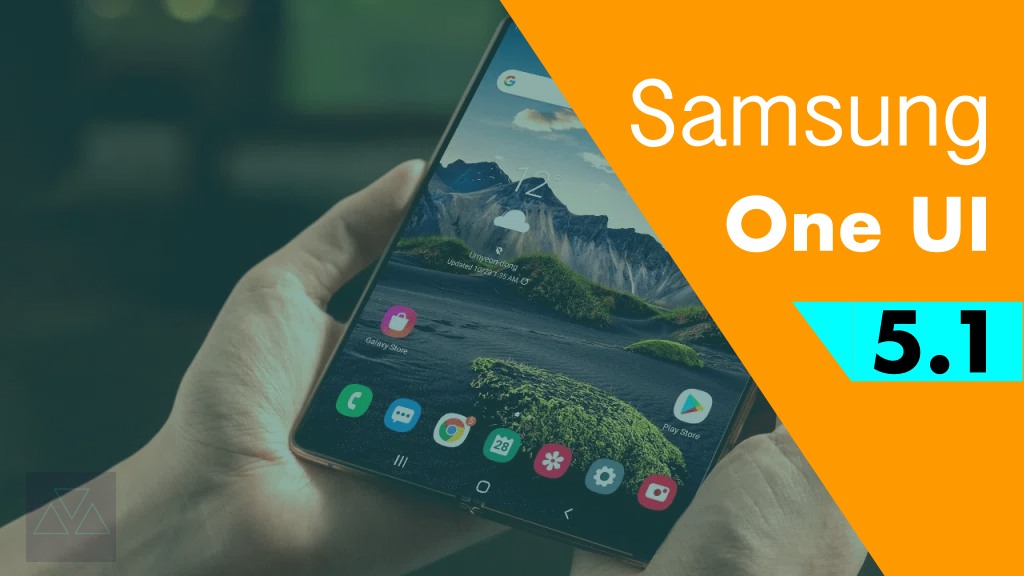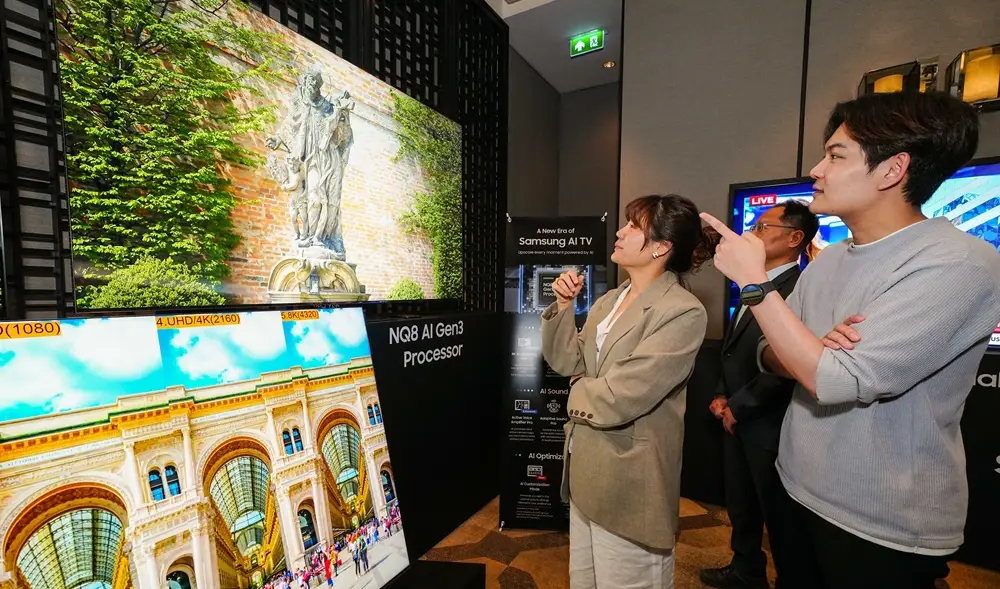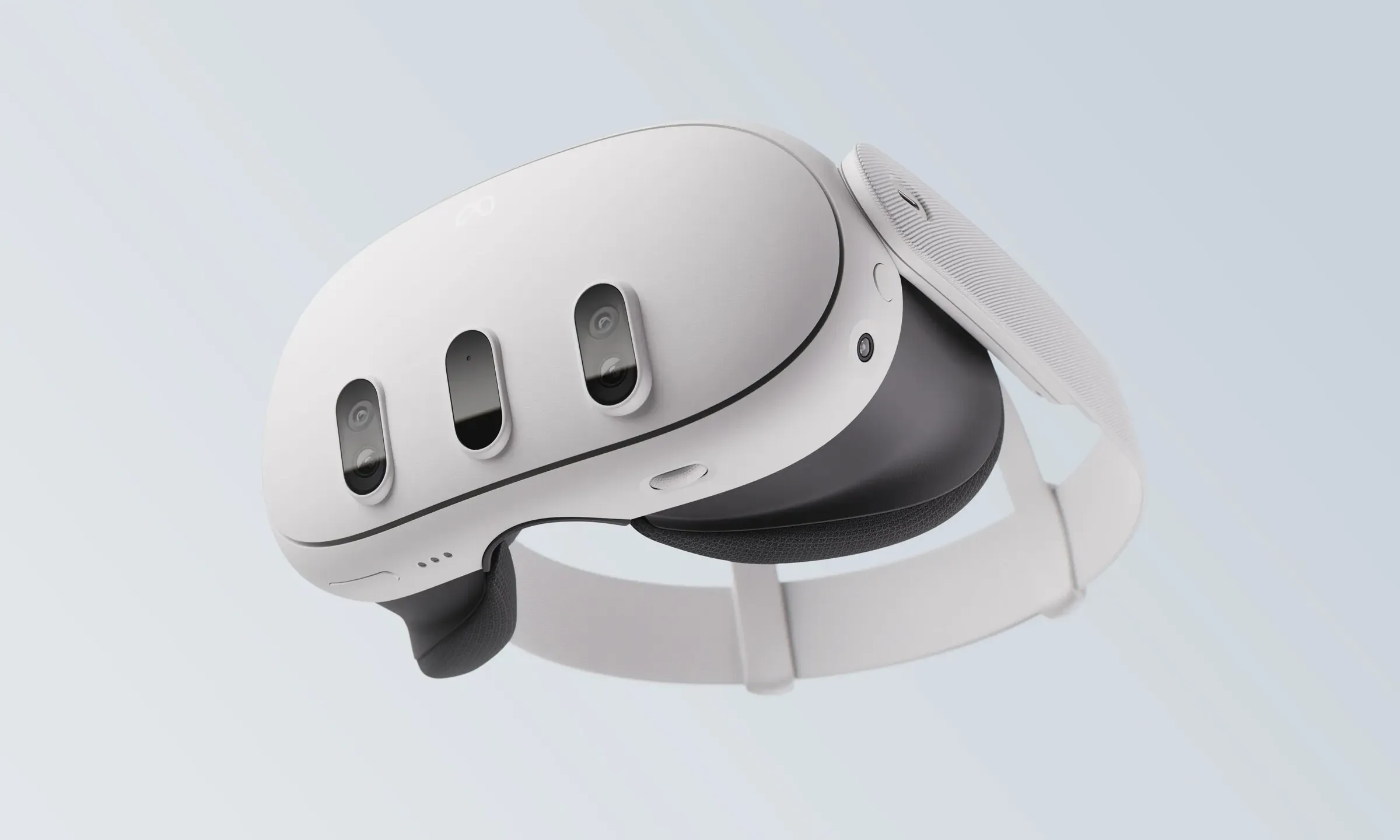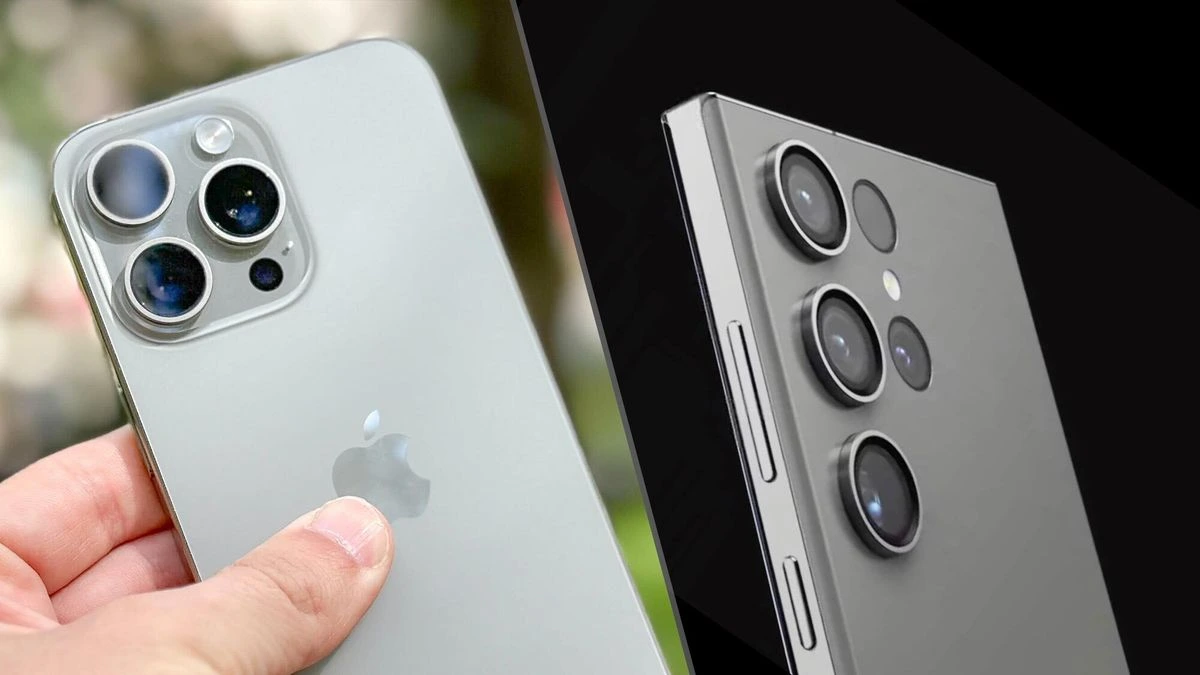Samsung
Samsung Working On The One UI 5.1 For The New Galaxy S23

Samsung has been testing upgrades that will bring Android 13 and the latest development of the One UI to its devices for a long time before it formally debuted the new One UI 5 a few days ago. However, the Korean giant is already anticipating the near future in the interim. In reality, Samsung is already beginning to shift its attention to the upcoming update that will usher in the debut of the One UI 5.1 as we wait to learn when the rollout of the first stable version of the One UI will commence.
This version will represent an important step for Samsung’s software platform and will be able to count on several exclusive features that the Korean company will not include in the next update (One UI 5.0) that will be released over the next few weeks. The new Galaxy S23 coming out in early 2023, in fact, should be able to count on the One UI 5.1. Here are the latest updates on the issue:
Confirmation of the advanced development of the One UI 5.1 comes from the Netherlands. In the press release in which Samsung presented the One UI 5, in fact, a note appears in which it is highlighted how some functions mentioned will only be available with the One UI 5.1 and not with the previous version, the 5.0, which is expected to make its official debut over the next few weeks.
This note does not appear in the Italian press release. Probably, the indication in the statement for the Dutch market represents a oversight (the note probably had to be deleted during the review also because it refers to functions that already appear in the beta version 5.0). In any case, this is a first confirmation regarding the One UI 5.1 and the already very advanced phase of its development.
To find out the new features of the One UI 5.1, you may need to wait for the release of version 5.0 and the start of a new beta testing program.
One UI 5.1 will arrive with the Galaxy 23
The release of the One UI 5.1 and its unreleased features is scheduled for next year. The update, in fact, will debut with the new Samsung Galaxy S23, the top-of-the-range family coming in the first quarter of 2023. There are still several months left before the update rollout starts. Samsung, therefore, has plenty of time to optimize the software and define precisely which functions to release with version 5.1 and which to include in version 5.0, expected instead for this quarter.
Of course, the One UI 5.1 won’t be exclusive to the Galaxy S23. The new version of the Samsung home user interface will arrive both on the new smartphones coming out in 2023 and, as updated, on all Galaxy smartphones that will receive the One UI 5.0 and Android 13 over the next few months. Later, moreover, further evolutions of the One UI 5 just unveiled by the Korean house could also come. We are undoubtedly going to know more about this in the coming weeks.
Samsung
Samsung Unveild Innovative AI TV Technologies At Southeast Asia Tech Seminar

Samsung Electronics has unveiled its 2024 lineup at the Southeast Asia Tech Seminar in Bangkok on April 23–24. The new TVs feature AI-powered technologies that offer enhanced picture, sound, and customization.
Samsung’s Tech Seminar, which began in 2012, is designed to expose their latest technology and deliver exclusive product experiences. This coincides with their vision of “Screens Everywhere, Screens for All,” which suggests that they are promised to build innovative TVs with user-friendly features.
The recent 2024 Southeast Asia Tech Seminar in Bengkok follows a successful series kickoff in Frankfurt, Germany, this February, plus at this event and forthcoming seminars in regions; for instance, in Latin America, Samsung will introduce new TV and monitor technologies, as well as lifestyle products;
- Samsung’s 2024 Neo OLED 8K includes the latest NQ8 AI Gen 3 processor, which authorizes a vivid and more precise picture through its 512 neural networks—eight times as many as its predecessor—and it also offers features such as AI upscaling and motion improvement for the best Neo QLED 8K experience yet.
- The Music Frame is the latest lifestyle gadget that functions as a fram-shaped speaker. You can use it as a frame on the wall by inserting images into its replaceable photo frame.
- Samsung Knox, applied to Samsung TV, achieved a ‘Common Criteria’ certification, recognized by 31 countries this February as boosting TV security measures in terms of both software and hardware.
Regarding this, Yongjae Kim, the Executive Vice President of Visual Display Business at Samsung Electronics, stated that “We are not only showcasing the latest technologies that make our TVs stand out, but also our real efforts to better serve customers and our focus on protecting their information.”
Samsung
Samsung To Face Challenge: Meta Opens OS For Other XR Headset Makers

The Korean giant ‘Samsung’ is setting up to introduce its mixed-reality headset by the end of this year.
When the Korean brand launches its device, it might encounter fierce competition from brands like ASUS, Lenovo, and even Microsoft. Meta has now made a significant move by renaming the Android-based operating system of its Quest MR/VR headset to Horizon OS.
Meta has opened up the operating system to third-party brands, and now Horizon OS will be used on MR/VR headsets from ASUS ROG, Lenovo, and Microsoft. ASUS is introducing several performance gaming headsets, whereas Lenovo is developing a mixed-reality headset for entertainment, learning, and productivity. Conversely, Meta is collaborating with Microsoft to launch a Quest headset that draws inspiration from Xbox.
Meta is expanding its strategy by making a two-pronged approach to boost its VR application ecosystem: first, by asking Google to bring the huge library of the Play Store to their Horizon OS; and second, by making it easier for developers to build VR applications by boosting active applications from Quest App Lab and offering new tools for smartphone app developers.
Although Samsung has already declared that it is actively working on an XR device with Google and Qualcomm, It is expected to use a version of Android optimized for mixed-reality headsets and a Qualcomm processor from the Snapdragon XR series.
It is reported that it could feature the Snapdragon XR2+ Gen 2 processor, a 4nm chip with an octa-core CPU, and a powerful Adreno 740 GPU that can drive two 4.3k screens at 90Hz. It can also support at least up to 12 cameras at the same time. It features 5G, Wi-Fi, and Bluetooth 5.3 for wireless connectivity.
Samsung
Samsung Overcomes Apple As Korean Army Prohibits iPhone

Since the South Korean army is banning the use of Apple iPhones, Apple’s boat appears to be sinking.
Again, Samsung won the cold war with Apple since the South Korean army prohibited the iPhones, effective June 1, but Samsung’s Galaxy smartphones will be exempt from the ban.
Previously, the Chinese government banned the use of Apple iPhones in government offices, and now the report has revealed that the same approach is under consideration by the South Korean army. It has become known that the South Korean army is considering banning the Apple iPhone regarding some security issues.
It is reported that, starting from military headquarters, a potential comprehensive ban is possible to extend to all subordinate units. If the reports are to be believed, Korea’s Air Force headquarters internally announced a complete restriction on any device capable of voice recording applications that does not allow third-party applications to control foreign functions.
This new regulation will be effective June 1, with “iPhones” cited as items subject to the guidance. Android smartphones, especially the Samsung Galaxy, will be exempt from the ban. The document expressly states that “bringing in iPhones will be completely prohibited.”
In the scenario where the ban is extended to all subordinate units, it would surely affect almost 500,000 military personnel.












